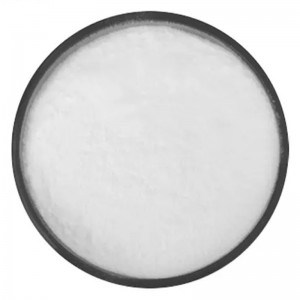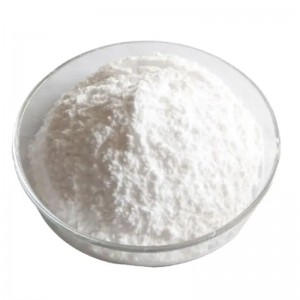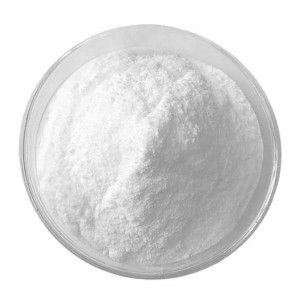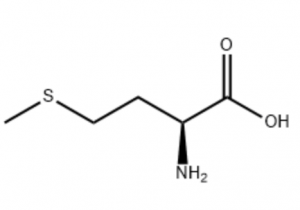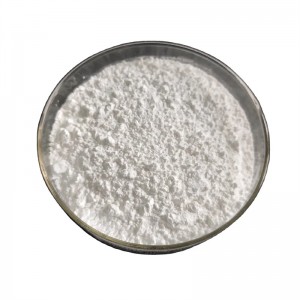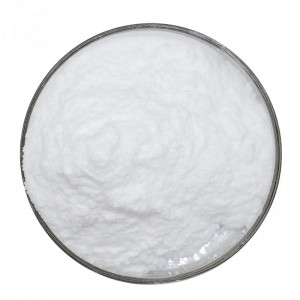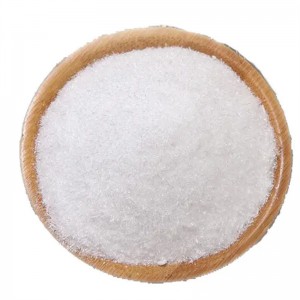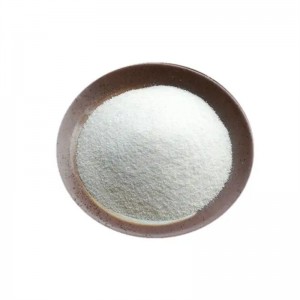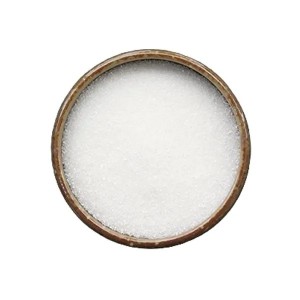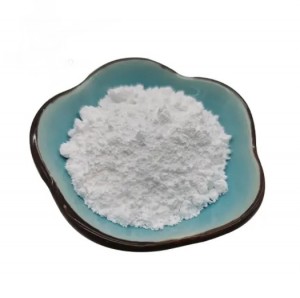| Basic Information | |
| Product name | L-Methionine |
| Grade | Food/Feed grade |
| Appearance | white crystals or crystalline powder |
| Assay | 98.5%~101.5% |
| Shelf life | 3 years |
| Packing | 25kg/drum |
| Condition | Store in the Cool Dry Place |
What Is L-Methionine ?
L-Methionine is a sulfur-containing essential L-amino acid that is important in many body functions. Methionine is a dietary indispensable amino acid required for normal growth and development of humans, other mammals, and avian species. In addition to being a substrate for protein synthesis, it is an intermediate in transmethylation reactions, serving as the major methyl group donor.It must be obtained from diet and food sources since it is unable to be biosynthesized in the body.
Methionine is an important amino acid species in animal feed. Adding methionine is an indispensable additive in animal feed, which can help animals grow rapidly in a short time and save about 40% of feed. Especially in feed poultry feed, methionine is the first limiting amino acid. Methionine deficiency in livestock can lead to growth retardation, weight loss, decreased kidney function, muscle atrophy, and degeneration of fur. In the feed industry, the demand for methionine is very large, especially for various amino acids in nutritional feed additives, methionine accounts for 60%, lysine accounts for 30%, and other amino acids account for about 10%.
Function of L-Methionine
L-Methionine is mainly used as feed nutritional supplements and one of the essential amino acids in the growth of animals, which is the "skeleton" amino acid in protein biosynthesis and main donor of methyl in animal body. L-Methionine plays a certain role in the process of synthesis of choline by adrenal hormone and fatty liver phospholipids during the process of metabolism of the animal in vivo. Lacking of L-Methioninein livestock and poultry will lead to poor development, weight loss, liver and kidney function decline, muscle atrophy, fur deterioration, etc.
M-L-Methionine is a sulfur amino acid and the second limiting essential amino acids for pigs. The utilization ratio of feed protein can be improved effectively if lysine and L-Methioninewere added in the feed appropriately. So the lysine and L-Methionineare called enhancer for protein feed. Feed additives; as the product and cysteine both belong to sulfur-containing amino acids, so a large amount of them exist in animal proteins. However, it belongs to limiting amino acids in plant proteins such as oats, rye, rice, corn, wheat, peanuts, soybeans, potatoes, spinach and other vegetable foods and the content is less than animal proteins.So it can be added to the above food to improve the balance of amino acids. In the past, sulphur-containing amino acids were thought to be only suitable for non-ruminants. But now the experiment has been proved that it is applicable to the non-ruminants. It is more suitable for chicken and pig feed. On the medical side, it can be used for infusion together with other amino acids. Also used as a culture medium during fermentation.
Application Of L-methionine
It is widely used as feed additives to improve feed quality, improve the utilization of the native protein and promote animal growth. Such as DL-methionine can increase egg production of chickens, pigs make weight gain, more milk cows and so on. At the same time, it can be used as Nutritional supplements. For biochemical studies and nutritional supplements, and as adjunctive treatment for pneumonia, liver cirrhosis and fatty liver.


